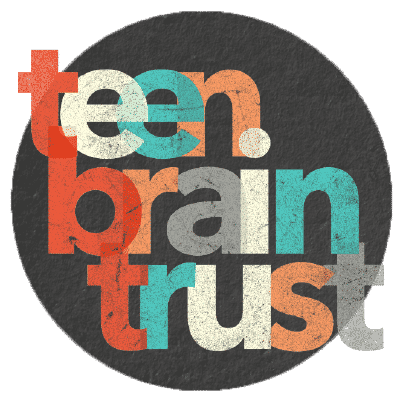So You Caught Your Teen Drinking (or Smoking)
This conversation is from our Free Guide: 7 Conversations About Substance Use to Have With Your Teen (And When to Have Them)
Finding out that our teens are smoking or drinking is stressful, catching them in the act is shocking AND stressful. It’s scary, and it can be a wake-up call for many of us who may have viewed our teens as children. Watching them as they come of age, spend more time with friends, and branch off from us is hard enough on its own, but finding out that they’ve started experimenting with substances is a whole other case.
Acknowledging to your teen that you know they’re drinking, smoking, or using other substances is one of the trickier conversations to have with our teens. Not only is it likely that they’ll get defensive and deflect, our heightened emotional state can put us on the attack, which only leads to conflict.
BTW, we go into much more detail on how to approach this conversation in our Masterclass: The Marijuana Talk: Getting Through to Teens Who Think ‘It’s Not That Bad.
The trick to this interaction is to keep it short and set up a subsequent conversation. This is all a lot easier said than done. That said, here’s how we recommend approaching this conversation:
Confronting your teen about substance abuse
When to have this conversation
This is the first conversation after you’ve found out they’re drinking, smoking, or using drugs.
Why have this conversation
To address the elephant in the room (that they’re drinking or using drugs and that we know about it), let them know how we feel about it, and establish that we’ll have future conversations about it.
goals for this conversation
- Be as neutral as possible in our tone and demeanor so our kid doesn’t go on the defensive and is more likely to engage in a constructive conversation with us.
- This is going to be an emotionally charged conversation no matter what we do so we should aim to keep it short and use it as a means to lay the groundwork for future conversations.
how to start this conversation
This depends on when/how you find out they’re drinking or using drugs. If you catch them in the act it’s much harder to stay emotionally neutral. Either way, we want to start by simply addressing the fact that we’re aware that they’re drinking and/or using drugs.
what to say during this initial conversation
As little as possible!
It can be very tempting to try and find out as much as you can about what they’re doing and why they’re drinking or using drugs in this first conversation. While it’s important to assess your kid's relationship with the drug they’re using, we recommend saving those questions for a follow-up conversation.
You’ll both need time to process this initial confrontation. While it may seem urgent to get your point across, there’s a great chance that the high emotions present during this conversation will not only limit effective communication but also make it much more difficult to reapproach this conversation later on.
For that reason we recommend limiting this conversation to the following:
- Letting them know that you know that they’ve tried drugs and/or alcohol
- Expressing your disapproval in a way that doesn’t involve shaming them (i.e. Instead of saying something like ‘How could you be so stupid.’ Say something like ‘I’m upset that this is happening and worried about your physical and mental health’.)
- Letting them know you will have follow up conversations about this once you’ve both had some time to process
In conclusion, having conversations about your teenagers’ drinking, smoking, or drug use is hard (and scary).
Remember that the goal of this conversation is to create a path forward to future conversations where we can dig into the details and get our teens thinking critically about their substance use. It’s natural to get flustered, frustrated, upset, and overwhelmed. If these conversations were easy to get through without a hitch, there’d be no need for step by step guides like these. But try, as much as possible, to remember that there will be many opportunities to speak to your teen about this in the future. What matters most is that you set the foundation to speak openly about substance use with your teen and pave the road to healthy communication later.
Read More: Teens who are taught harm reduction techniques are less likely to overdose or suffer other adverse effects from drug use.
Share this Post


